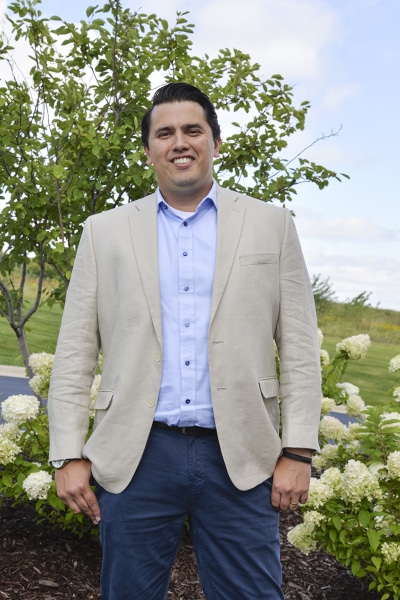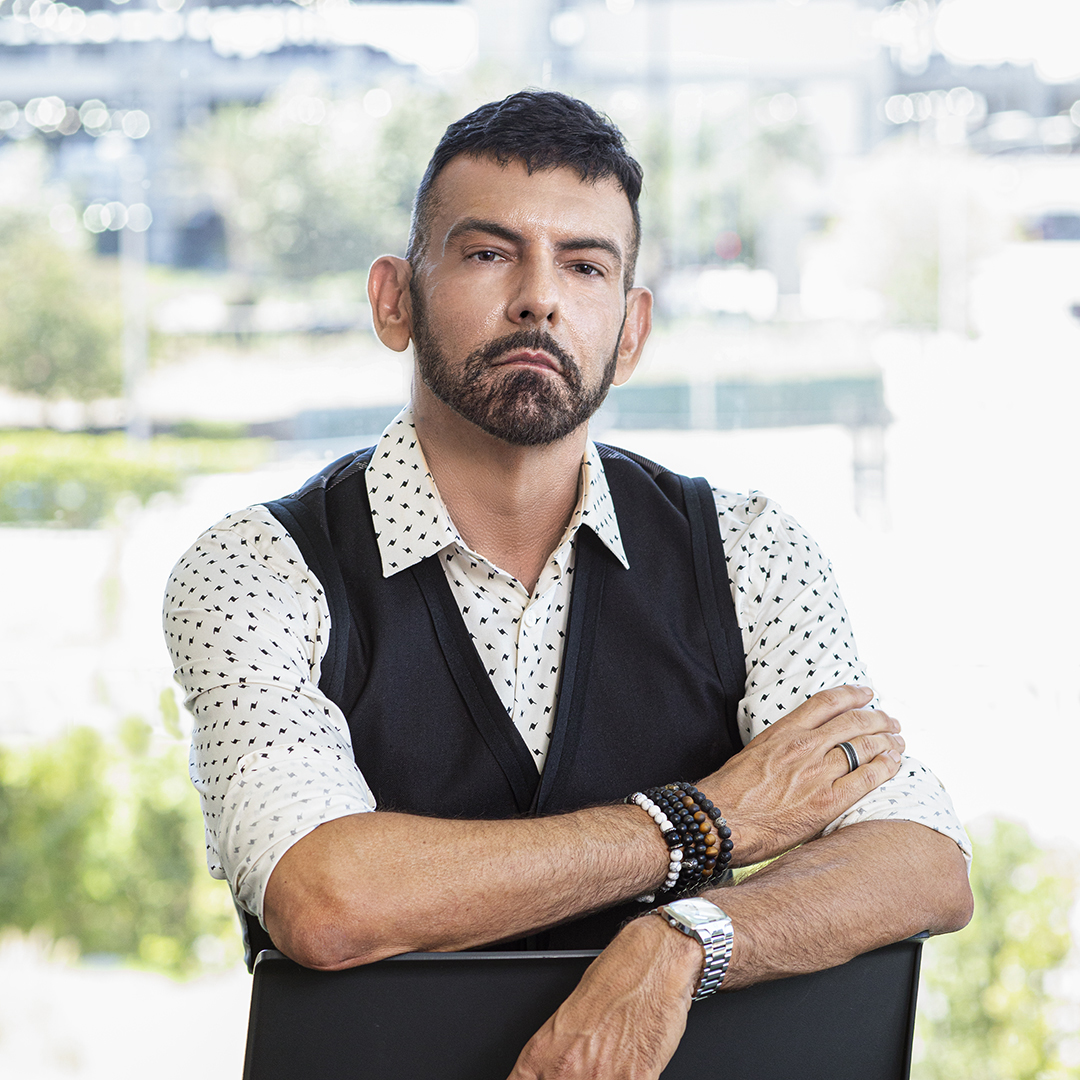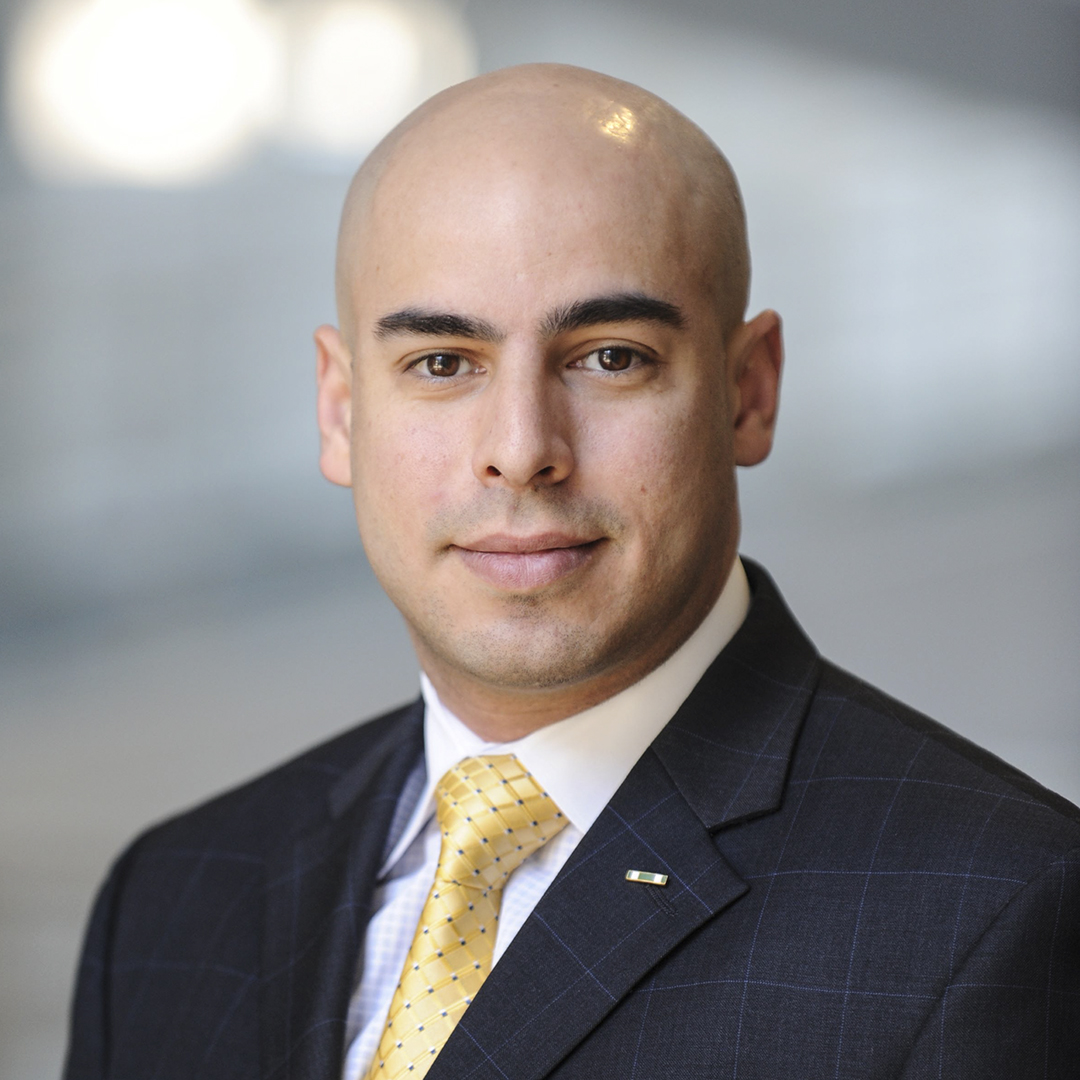|
Getting your Trinity Audio player ready...
|
A chemist with a PhD in polymers doesn’t seem like the first person you’d look to for interpersonal relationship expertise or tips on developing emotional intelligence. Dr. Paulo Vieira is plenty aware of the potentially intimidating appearance of his hard science background, but he says it’s the development of his soft skills that has contributed to his career more than anything else.

The director of research and development at Minneapolis-St. Paul-area Flint Group has come full circle from his early career in inks and pigments. From there he moved to resins, to polymers, and, after a meteoric rise at Cytec/Allnex, back to his multicolored roots. At Flint Group, he focuses on bridging interdepartmental gaps and complexity reduction. The director also believes that his eagerness to build people skills—ones that don’t necessarily fit into a scientific scope—is what’s bolstered his Brazilian success story.
Vieira says one of his steadfast leadership rules is to stay away from terms of deprecation, like “frustrating” or “disappointing.” Still, the director wastes little time in softly undercutting his own expertise. “I studied eleven years of chemistry, and if I use it 10 percent of the time in my job, I’m happy,” Vieira explains, laughing. “More often than not, 90 percent of my time is devoted to conflict management between multiple disciplines and studying people and motivational patterns.”
Emotional intelligence became an increasingly critical component of Vieira’s leadership as he weathered multiple acquisitions of Cytec-Allnex during his tenure there. Despite those reorganizations, however, Vieira was able to navigate turbulent times and shoot through the ranks. “I went from being another lab guy to a director in seven years,” Vieira says. “Focusing on emotional intelligence and motivational patterns is really the reason I was able to rise so quickly; it was pretty clear to me early on that if I wanted to move up, these were areas where I absolutely needed to improve.”
Vieira focused on Daniel Goleman’s scientific approach to motivations and behavioral intelligence, working through exercises and acclimating his mind-set to a more people-focused perspective. “It’s allowed me to give my people more room to spread their wings, express themselves, and, at times, to fail—but to fail in a positive and contributive environment,” Vieira explains. “Understanding emotional intelligence helps you managing your team, expectations, and the matrix environment that comes in working with multiple departments.”
For Vieira, one of the challenges at Flint has been navigating relationships with those who, in some cases, have multiple decades on the director. “I manage some people who have been at the company for thirty-five years,” the director says. “You need to respect their history and value their opinions.”
At the same time, Vieira says hierarchical displacement isn’t ever encouraged on his watch. “I prefer to work on the same level as my colleagues. I have no objections if an idea is better than mine. Regardless of where it comes from, I will gladly use it.”
“I went from being another lab guy to a director in seven years. Focusing on emotional intelligence and motivational patterns is really the reason I was able to rise so quickly.”
At Flint, Vieira works to harness his interdepartmental expertise so that he can tackle complexity reduction in a number of ways. “Flint manages around sixteen thousand SKUs, from Starbucks green to PepsiCo blue,” the director explains. “That needs to be the same color in Australia as it is in China, and in order to do that, you need to have lean and streamlined processes.” To further complicate it all, Vieira says that if a batch of color is wrong, it can’t simply be repurposed for another use like in so many industries. It’s unusable, and so perfection has to be much closer to the rule than the exception.
Vieira believes that he’s been benefitted by his Brazilian heritage when it comes to process orientation and standardization. “When you’re working closely with so many different departments trying to enact a broad initiative, you need someone who can gel people together,” Vieira says. “Latins have a lot to offer to that environment, particularly in bringing a happy mood and positive feeling to the process.”
Flint is continually working on how to reduce its number of SKUs, finding ways to more easily produce raw materials to reformulate. The goal is, essentially, to try and use one color where it took three in the past. And when it seems like this may be the one area where Vieira’s “10 percent” of scientific know-how might be required, he still doubles down on his assertion that it’s about the people, not necessarily the chemicals.
“True success is about creating a collaborative environment,” Vieira says. “It’s really the key of any business environment.”
RELATED LINKS

